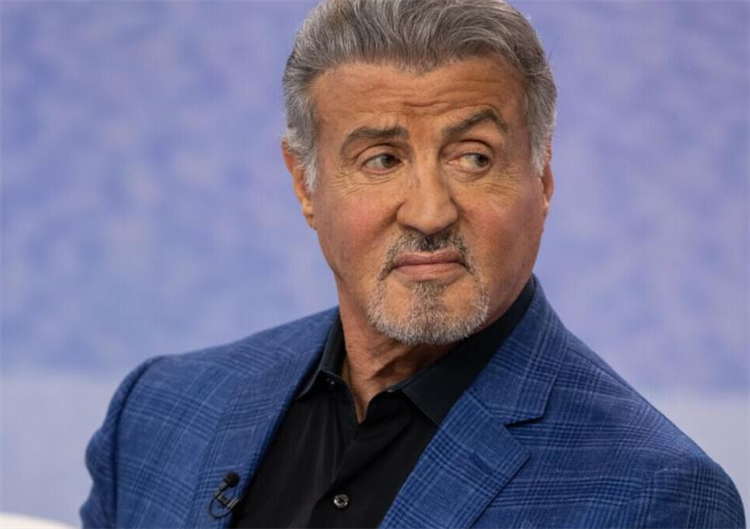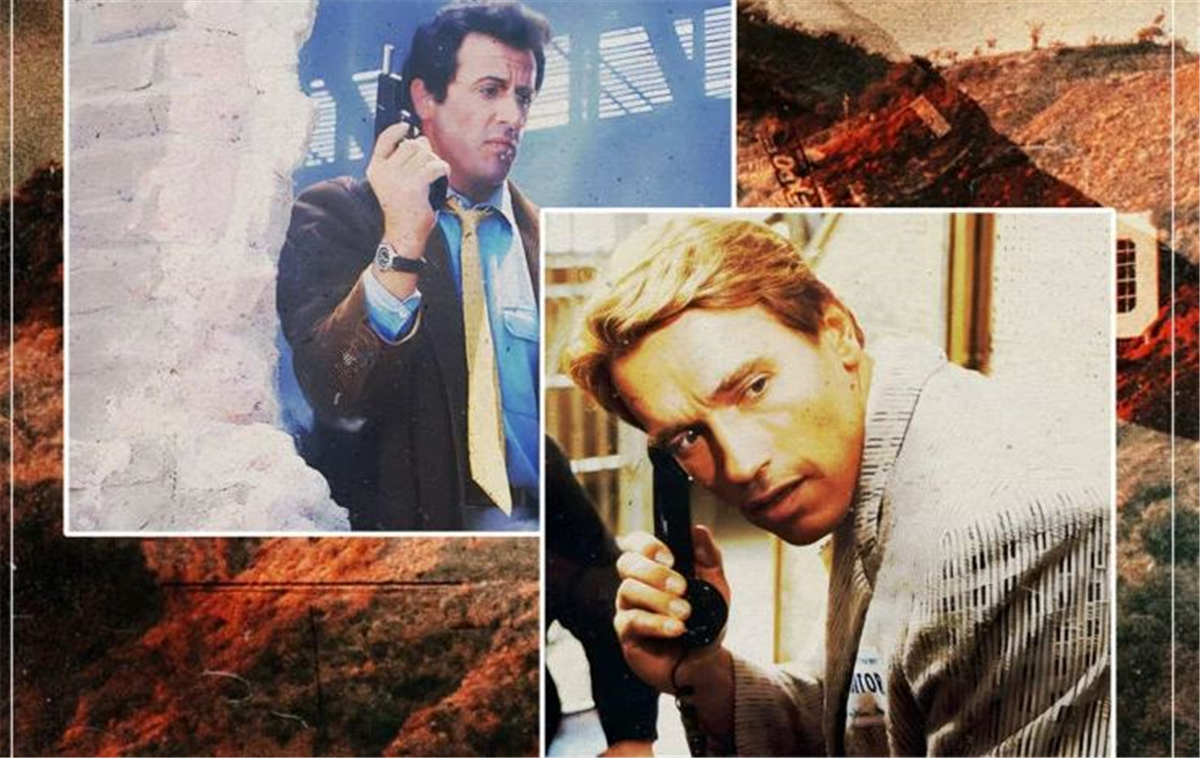Sylvester Stallone has one of Hollywood’s most ‘Jekyll and Hyde’ filmographies. On one hand, he is the driving force behind two of the most beloved franchises in cinema history, with audiences always ready to go another round with Rocky Balboa or head back into battle with John Rambo. On the other, however, Stallone is equally known for his flops—and he’s had quite a few. There is one film, though, that he cites as his biggest mistake, admitting that he knew it was a disaster almost from day one.
In the mid-1990s, Stallone was riding high after the one-two punch of Cliffhanger and Demolition Man in 1993, followed by The Specialist a year later. All of a sudden, he was back near the top of the Hollywood action pyramid after his grip on the crown loosened in the late ’80s with the emergence of a certain Austrian Oak. In ’95, though, Stallone starred in one of his biggest movies yet in terms of scale. It was also his first venture into the world of IP: Judge Dredd, a $75million sci-fi blockbuster based on the taciturn 2000AD comic book character.
By the time Stallone came on board the project, it had already been through one star/director combination: the aforementioned “Oak” Arnold Schwarzenegger and Top Gun’s Tony Scott. When both of those heavyweights dropped out, Stallone picked up the baton, and young English director Danny Cannon was chosen to helm the film. After a troubled production, though, the resulting movie was savaged by critics and rejected by fans of the comic, who were aghast at the notion of future lawman Dredd breaking comics canon by removing his helmet to reveal Stallone’s grim visage underneath.

Stallone knew there were more significant problems with Judge Dredd than simply nerds being angry about his helmet, though. In 2006, he told Ain’t It Cool News, “From what I recall, the whole project was troubled from the beginning. The philosophy of the film was not set in stone – by that, I mean, ‘Is this going to be a serious drama or with comic overtones’ like other science fiction films that were successful?” The iconic star felt that, despite the film having some amazing production design and great ideas, it didn’t make the most of its potential, which he called “a real missed opportunity.”
However, as an example of Stallone himself never fully cracking the tone of Dredd, he once told Uncut magazine, “It probably should have been much more comic, really humorous, and fun,” yet at another point, told Indie London, “I think that could have been a fantastic, nihilistic interesting vision of the future.”
Whatever the case, Stallone did a lot of thinking about why Judge Dredd fell flat on its face, and he came up with a fascinating theory: it was a special effects film, and that’s not his forte. In a 1996 interview with Film Threat, Stallone admitted that the success of Star Wars in 1977 caused a shift in the kind of films being made in the action realm. He mused, “Special effects and technology became extremely important, and action films went from being Lawrence of Arabia to these extraordinary special effects events.”

To Stallone, this meant that “the human emotion was being transformed into the technological explosion,” and it caused him to compare special effects blockbusters to David Copperfield’s illusions. He believes an audience is less likely to be moved emotionally or intellectually by what they’ve seen in an effects film, and instead, they think, “How’d they do that?”
To his credit, Stallone did admit that he got caught up in the drive to make every film an effects extravaganza and confessed that, instead of abiding by the down-and-dirty ethos of 1982’s First Blood, he made far too many films that lived and died on their effects. The nadir of this period was undoubtedly Judge Dredd, and he realised he had strayed too far from what had brought him to the dance.
He concluded: “When I left what I felt good at, like the earlier films, and moved on to the technological films, like Judge Dredd, that’s not me. And I know, when films of mine don’t work, why they don’t work: because that’s not me. And then, of course, we crash and burn.”
